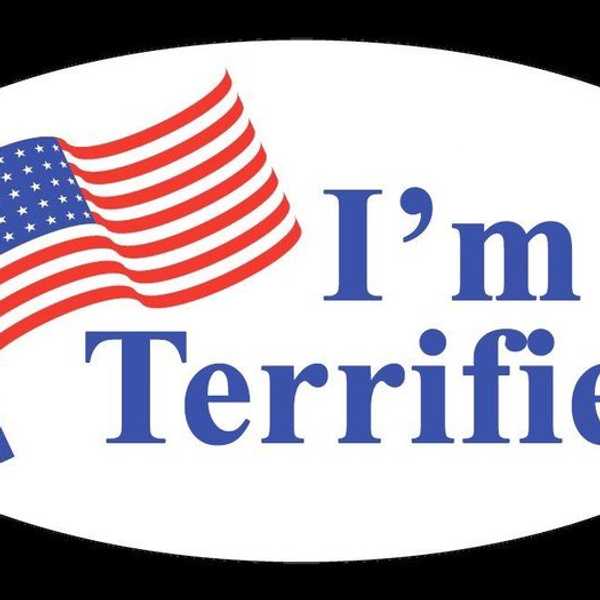Election day brought with it an unbelievable assortment of emotions. It began with a feeling of excitement; I wholeheartedly believed the United States would make history by electing its first woman president. I did not even entertain the possibility Donald Trump could emerge victorious in the election. This was probably ignorant of me; I was too optimistic, believing it impossible so many Americans would be so threatened by the idea of a woman in the White House they would elect an extremely unqualified man who has enunciated racist, sexist, and anti-LGBT rhetoric.
The outcome of the election was shocking to many individuals. The day following the election felt like a day of mourning. The atmosphere on campus was emotionally charged with disbelief, sadness, and fear. Several people said they cried when they heard the results; I certainly did. I know the feelings on campus are not representative of those of the rest of the population. After all, the individuals on college campuses tend to be more liberal-minded than the majority of the United States, as the demographic represents a younger and more educated group of citizens. Nonetheless, I think a vast number of the U.S. population was in shock following the results of the election. Whether in support of Trump or not, the outcome was certainly unexpected, as numerous polls consistently predicted Clinton’s success on election day.
I would like to address one of the main sentiments people have expressed as a result of the election outcome: fear. I saw numerous posts and comments on Facebook following the election from LGBT+ individuals, sexual assault survivors, and minorities who expressed fear that their rights would be taken away. Even more privileged individuals who represent a demographic less likely to be harmed by Trump’s ideology expressed fear for the safety of those who identify as racial, ethnic, sexual, and gender minorities. After all, Trump has expressed a wish to limit the rights of these groups, through his proposals to build a wall between the United States and Mexico, force Muslim citizens to be a part of a database, return the marriage equality decision to the states, and defund Planned Parenthood.
These fears for the future are certainly warranted. Everyone, whether part of a group Trump has targeted with his hateful rhetoric or simply a citizen concerned for the rights of his/her fellow Americans, has a legitimate right to be scared, especially given the uncertainty of the situation. In the end, I think this is the most terrifying aspect of a Trump presidency: we don’t know what is going to happen. Will Trump succeed in implementing all the discriminatory policies he has proposed? Or will opposition in congress prevent their passing?
Given this situation, it is easy to feel hopeless. But ultimately, we need to accept we cannot know what is going to happen, and that’s okay. Dwelling in fear, while warranted, will not get us anywhere as a country. The most important thing to do know is to come together and continue to fight for what we believe in, whether that be conservative or liberal values. The election is over, and while the fact Trump is going to be the next president of the United States may not feel like a reality yet, we need to accept it as one.
Additionally, we must refrain from focusing entirely on what we view as negative about the election outcome. Clearly, those who supported Hillary Clinton are disappointed and may feel disheartened by the results. Nonetheless, the situation is not all bad. While it is easy to point to the outcome of the election as being the result of a deeply prejudiced ideology in this country, Hillary Clinton actually won the majority of the popular vote, signaling perhaps less of this ideology than one would perceive at first glance. Additionally, even though Republicans won the majority in the House of Representatives and the Senate, more women of color were elected to congress than ever before, representing a demographic more illustrative of the diversity of the U.S. population.
Finally, it is important to refrain from wishing Trump to fail as president. Even though he may not be likeable to some individuals, he is our president now and the future of the country is at stake. Wishing him to fail is equivalent to wishing our country to fail, and will only lead to a deeper divide in our nation. Now, while we do not have to like Trump’s policies or even like him as a person, we need to have faith in our political system and be hopeful his presidency will not be as bad as some fear.





















